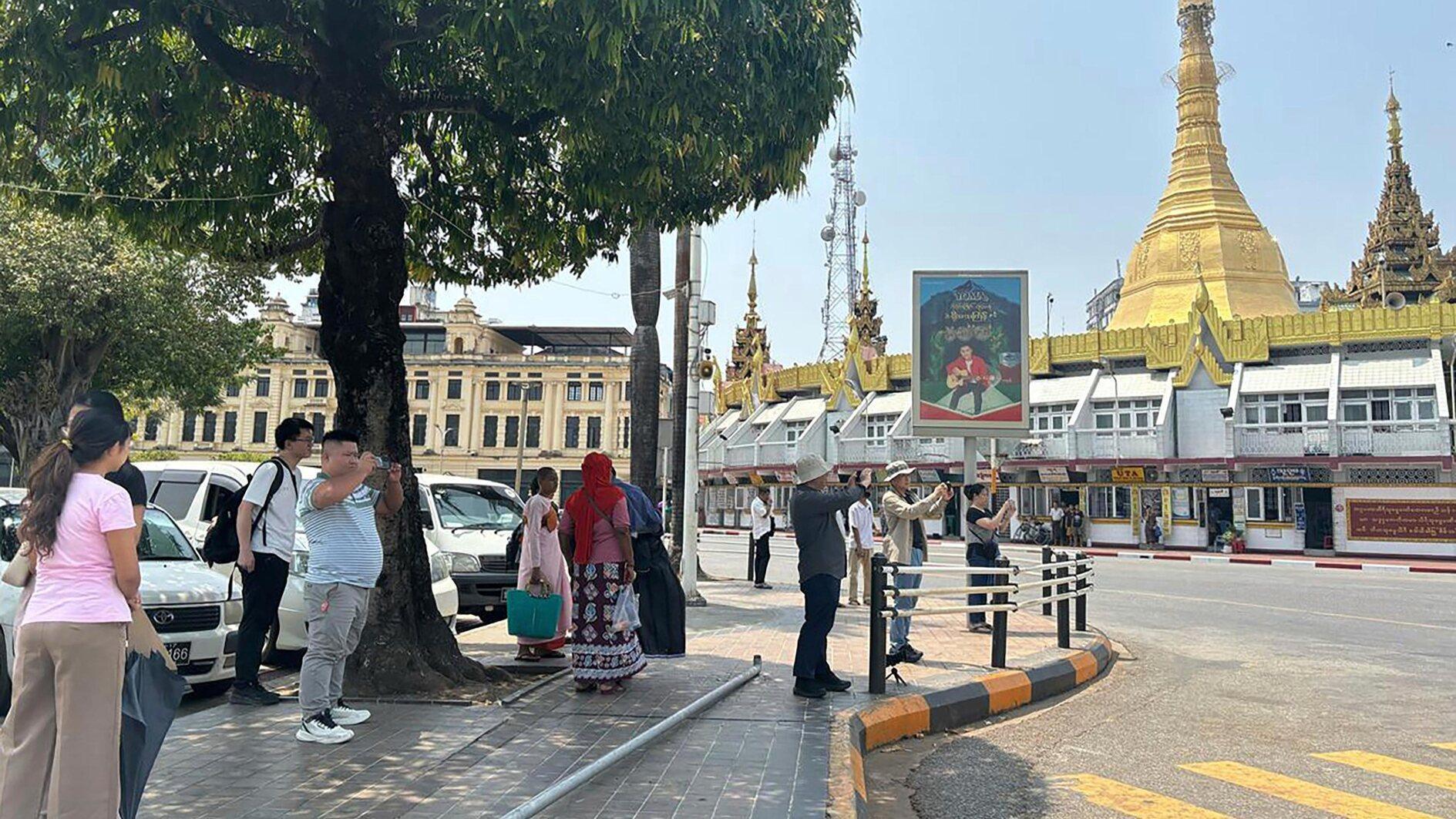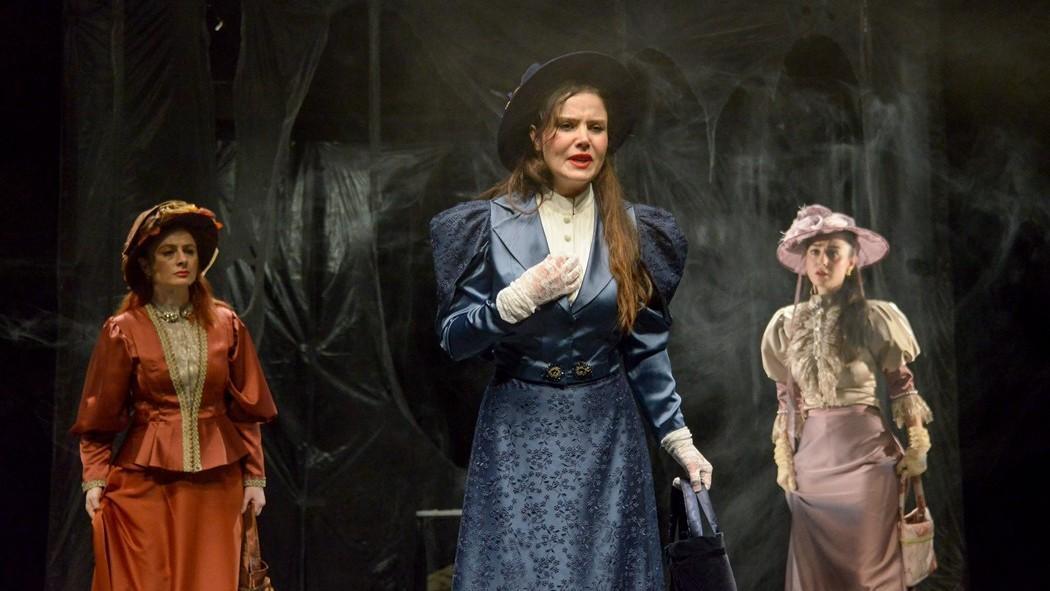Fueling extremism?
The bloody events in Reyhanlı and their political and diplomatic consequences overshadowed another serious incident which occurred just two days before regarding the suspected assassination attempt against the Ecumenical Patriarch Bartholomew by a person known only as Serdar A. According to the story first published by Turkish NTV, an anonymous letter sent originally to the Kayseri Prosecution Service claimed that the above suspect was planning to assassinate the leader of the Greek Orthodox Church on May 29, the day of the 560th anniversary of the Conquest of Constantinople by the Ottomans. Although there has been no official detailed account of the legal procedures, it seems that the case initially was investigated by the Kayseri prosecutor sometime in March or April and then the file was sent to the Ankara Prosecutor’s Office, which interrogated the suspect.
The ecumenical patriarch himself with characteristic cool spirit stated May 4 that he did not have any fear. “We are not scared, we believe in God, who protects us, and the authorities, who are taking the necessary measures for our safety,” he said and a source close to him told us that his busy program will continue unchanged. Indeed May 4 he conducted the ceremony of Aspergès at the reopening of a renovated St. John the Baptist Church in Uzunköprü (Long Bridge) in Eastern Thrace after 91 years, while yesterday he was present at the mass of a small church on the Asian shore of the Bosphorus which celebrates mass only five times a year.
This is not the first time that the ecumenical patriarch has become the target. His name as a candidate for an assassination appeared in the Sledgehammer and Cage cases as part of the Ergenekon affair. The permission given by Turkish authorities to the patriarch to conduct mass in the ancient monastery of Soumela in the Black Sea region, for the first time after 88 years, in the summer of 2010 was hailed as a turning point in the relations between the Turkish government and the Greek Orthodox church but it also fueled the anger of extreme circles in Turkey – nationalists or Muslim extremists. As late as 2011 the Turkish police foiled an assassination attempt against Bartholomew by arresting two young suspects in the neighborhood of Fener, Istanbul.
However, this latest incident, although it has not led to the official arrest of the suspect up to now, was enough to send shivers among the world of Orthodoxy; and it led the archbishop of North and South America, Dimitrios, to send a letter to U.S. President Barack Obama asking him to use his influence to secure the safety of the ecumenical patriarch. The White House’s special interest toward the affairs of the See of Orthodoxy in Istanbul are well known and Secretary of State John Kerry’s visit to the Ecumenical Patriarchate only weeks ago confirmed that the Americans are eager to see that outstanding issues between the patriarchate and Recep Tayyip Erdoğan’s government, primarily the reopening of the Halki Seminary, find a solution.
But, as Turkey’s leaders are accepting themselves, Turkey at the moment is in the middle of complex processes both domestically and diplomatically. The Kurdish peace initiative is taking place at the same time as the Syrian crisis, which may lead to a regional conflagration. In a period when the American administration seems uncertain of what line to follow toward Syria, it is only natural that the Reyhanlı massacre may unleash anti-government feelings that could formulate themselves in a nationalist extremist context. It is perhaps that fear that prompted the Orthodox Church in America to ask for the good services of President Obama.











